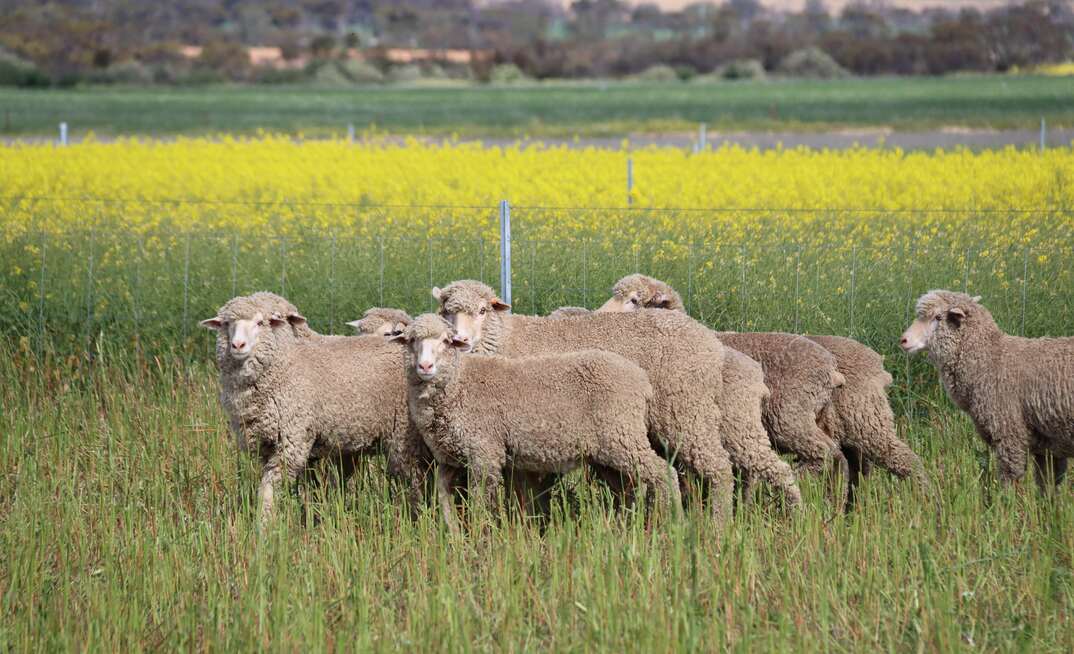SHEEP producers have been reminded to monitor flocks for signs of flystrike and to take immediate action to ensure the welfare of stock and flock profitability.
The Department of Primary Industries and Regional Development (DPIRD) has recently received reports of flystrike, due to the combination of warmer weather and recent rainfall creating an environment for fly activity.
Ideal conditions for both body and breech strike include daytime temperatures greater than 15 degrees, enough rainfall to keep sheep moist and wind speed of less than nine kilometres per hour for three days.
DPIRD supervising livestock compliance inspector, Nicola Branson, said it was important to treat struck sheep promptly.
"Signs to watch for include animals separating from the mob, reduced grazing, rapid waggling of the tail, discoloured wool, an offensive odour and trying to bite or reach affected sites," Branson said.
"If sheep are struck, the affected area should be clipped with clean margins of at least five centimetres surrounding the site and a registered chemical dressing applied.
"The clipped wool should be sealed in a plastic bag and left in the sun to kill any maggots before disposal."
Livestock owners who do not provide appropriate treatment to sheep that are suffering may be prosecuted under the Animal Welfare Act 2002.
"It is not acceptable to leave struck sheep untreated, which can lead to lost productivity or mortality," Branson said.
"During high risk periods, sheep should be inspected every 24 hours."
The Fly Boss website has information and tools to assist producers with chemical selection to treat individual sheep or the whole flock, as well as decision support tools to identify high-risk flystrike periods and create management plans.
DPIRD reminds producers not to transport sheep to sale yards or processors while infested.
"Under the Animal Welfare Transport Regulations it is an offence to transport sheep with a prescribed condition such as flystrike," Branson said.
A number of preventative treatment options are available, including worm control to reduce scouring, strategic chemical application and time shearing and crutching before high-risk periods.
Longer term preventative options include genetic selection to reduce body wrinkle, breech wrinkle, dag and breech cover scores, as well as docking tails at the correct length to reduce dag formation and urine staining.
More information is available from the DPIRD website www.agric.wa.gov.au and search for ‘managing flystrike in sheep'.
The FlyBoss website can be found here: https://flyboss.com.au























